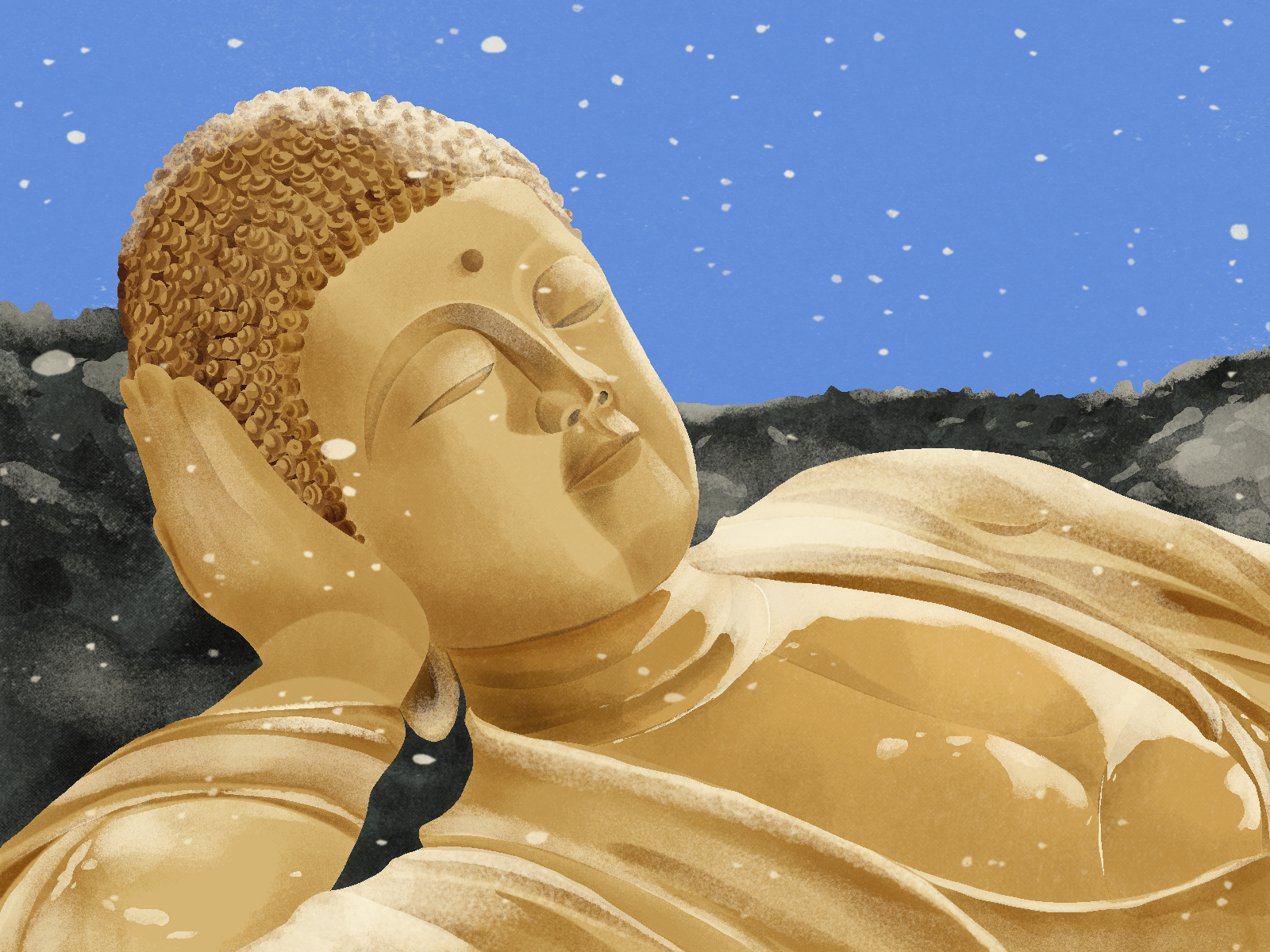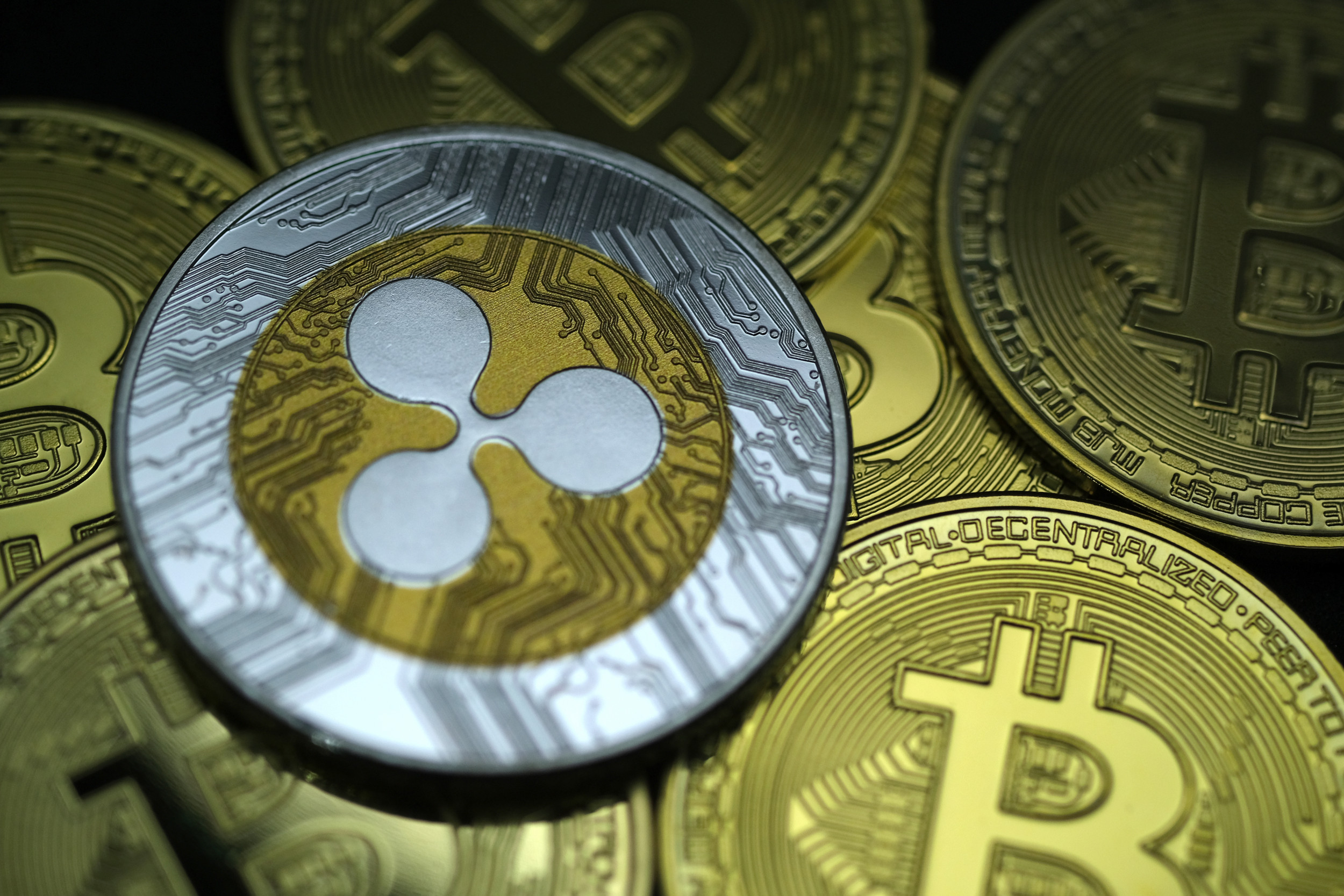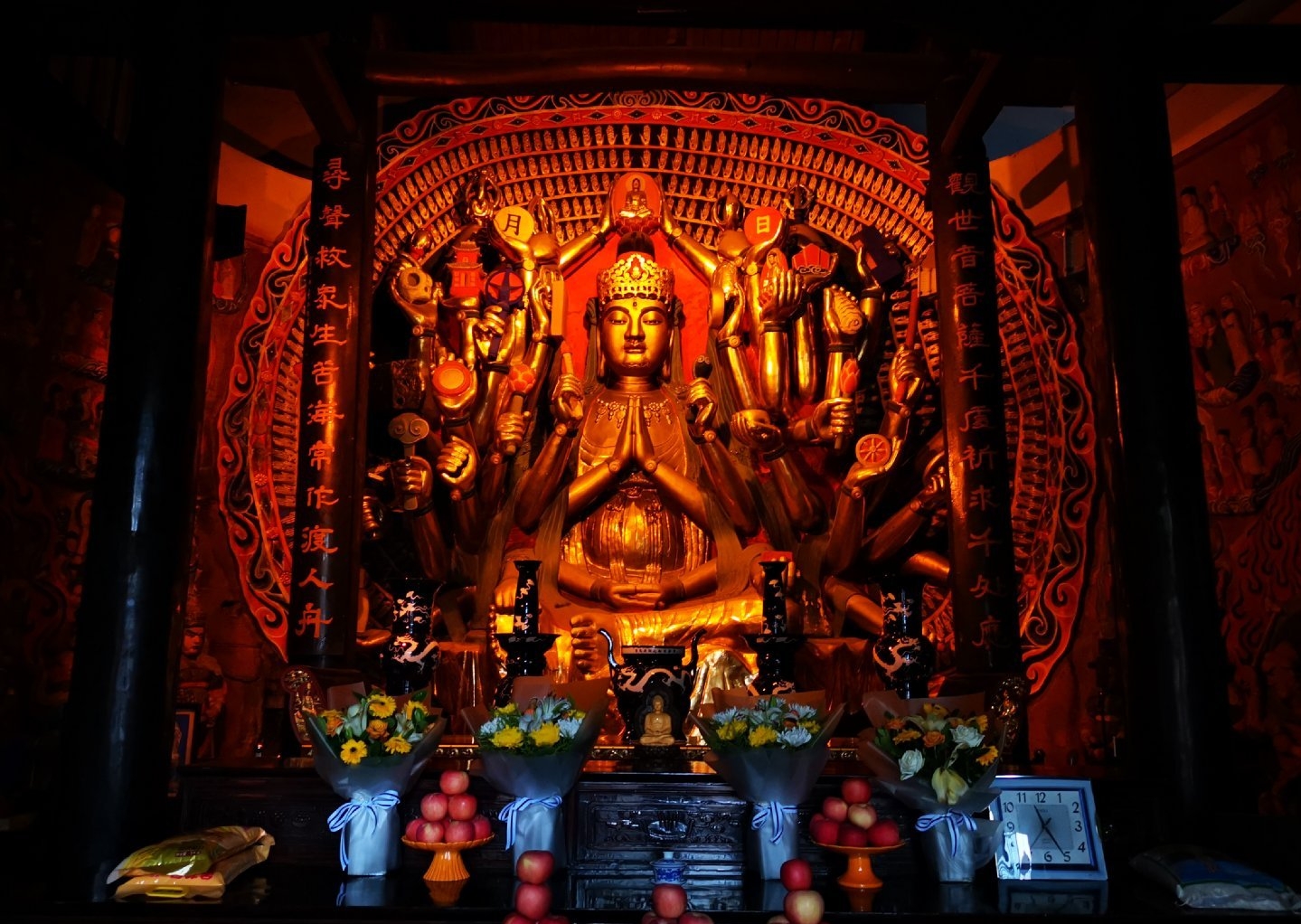The Honeymoon Phase Only Lasts This Long — But What Comes Next Is Even Better
Is the next phase boring or better?


mbg Assistant Beauty Editor
mbg Assistant Beauty Editor
Hannah Frye is the Assistant Beauty Editor at mindbodygreen. She has a B.S. in journalism and a minor in women’s, gender, and queer studies from California Polytechnic State University, San Luis Obispo. Hannah has written across lifestyle sections including health, wellness, sustainability, personal development, and more.
Image by Brad Claypool / Stocksy December 7, 2022 Our editors have independently chosen the products listed on this page. If you purchase something mentioned in this article, we may If you've been in a relationship (or even an extended "situationship," as some may call it), you're probably familiar with the honeymoon phase. You know, the early days of the relationship when you jump into each other's arms after being apart for a single day. While it's easy to romanticize this phase of your relationships (and therefore dread the end of it), we often overlook what comes next. But as psychiatrist Daniel Lieberman, M.D., author of The Molecule of More, recently shared on the mindbodygreen podcast, it might be even better than the honeymoon phase. 
Advertisement
This ad is displayed using third party content and we do not control its accessibility features.
How long does the honeymoon phase last?
So let's get to the bottom of this—is the honeymoon phase only a few months long? According to Lieberman, you have a bit more time than you might think. "On average, it lasts about 12 months, and then no matter what we do, it starts to fade," he says. However, it could be less or more than a year—every relationship is different.
This honeymoon phase, also called "passionate love," is just an era, so it won't last forever. During this time, it can feel so intoxicating to be with the other person that you might start to believe this overpowering feeling won't ever ebb. However, if you have become convinced this passion is how things should be, then you may start to panic when it slows down—even though it's completely normal.
"A lot of people make the mistake of confusing the end of passionate love with the end of the relationship, and they say, 'Oh my God, I've fallen out of love with this person. I need to find someone else,'" says Lieberman. He refers to this experience as the "hedonic treadmill," when someone constantly chases that fiery, passionate love again and again. But when you continue chasing something that naturally fades with time, what is the result? Well, as Lieberman says, "That's not a recipe for happiness."
Luckily, the next phase might be more exciting than you think, but it's helpful to know what's to come so you can be prepared for the spark to change.
What comes next?
After you exit the honeymoon phase, filled with passion and excitement, you'll enter what Lieberman calls companionate love. "It's not a dopaminergic thrill of excitement and anticipation," he says. "It's more of a here-and-now phenomenon of fulfillment, satisfaction, and contentment."
But is this just code for boring? Not exactly: "It's just that deep feeling of being happy and content with someone whose life is intertwined with your own, and you know that they've always got your back," Lieberman says.
So while passionate love is certainly filled with spark and excitement, you may not always want to feel so ramped up—especially if you're in it for the long haul. After all, excitement may feel even more special when it's spaced out. With companionate love, you get a moment to take a deep breath for the sake of security. "And in some ways, that's a more enjoyable kind of love than the [intensity] of passionate love," he continues.
That being said, it's important to tend to the passion in your relationship as well. There are a few ways to call the spark into your long-term relationship, whether it be having more sex, planning activities together, or practicing partner gratitude, etc.—more ideas here if you're curious.
But remember, there's nothing bad about the phase after passionate love—it's just different. Rather than dread the end of the honeymoon phase, you may even begin to look forward to the exit. You just might be craving this stable period without even realizing it.
Advertisement
This ad is displayed using third party content and we do not control its accessibility features.
The takeaway.
The honeymoon phase is often seen as the best part of any relationship, but the post-honeymoon phase, also known as companionate love, might be even better. Filled with stability, trust, and deep admiration, the companionate phase has its own perks to look forward to.
Advertisement
This ad is displayed using third party content and we do not control its accessibility features.

 Astrong
Astrong 































